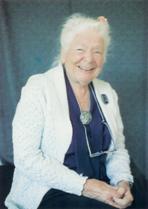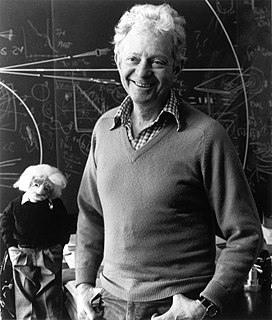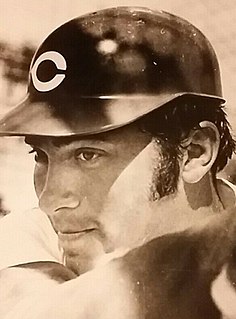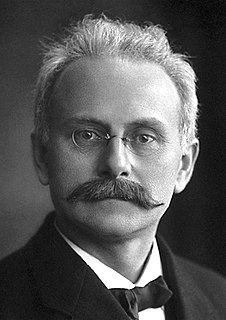A Quote by Albert Einstein
It would of course be a great step forward if we succeeded in combining the gravitational field and the electromagnetic field into a single structure. Only so could the era in theoretical physics inaugurated by Faraday and James Clerk Maxwell be brought to a satisfactory close.
Related Quotes
[Max Planck] was one of the finest people I have ever known... but he really didn't understand physics, [because] during the eclipse of 1919 he stayed up all night to see if it would confirm the bending of light by the gravitational field. If he had really understood [general relativity], he would have gone to bed the way I did






























